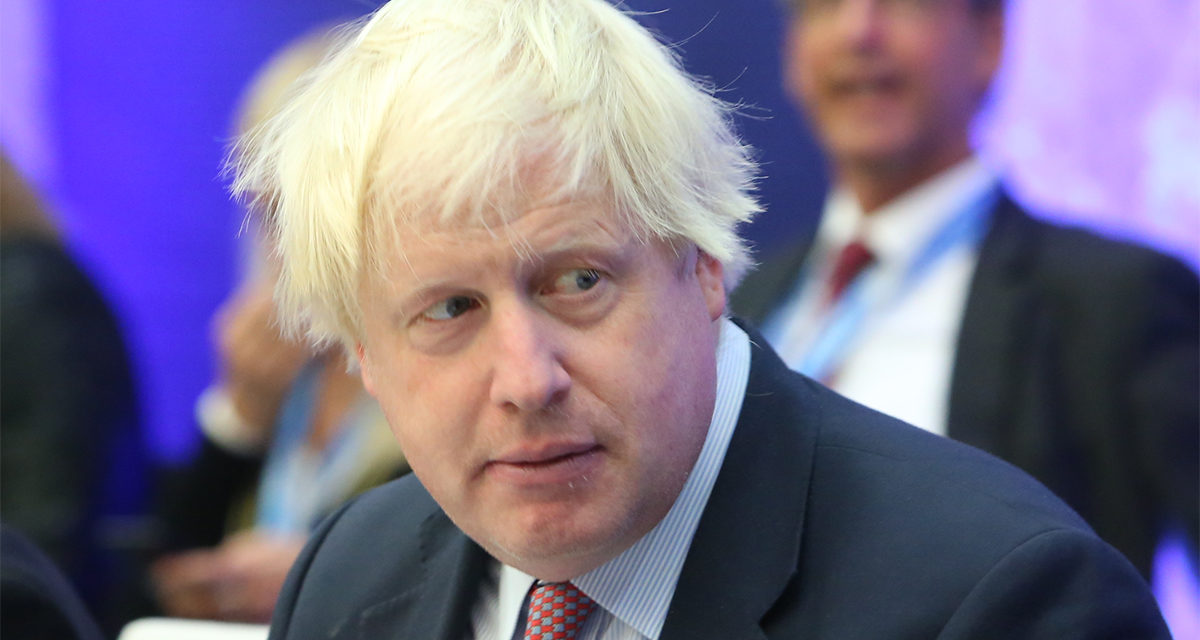The United Kingdom has been embroiled over Brexit for over three years now – and everyday there seems to be more confusion and more dishonesty. With over a month to go until the 31st of October deadline, the situation is only becoming more intense.
Last month, newly unelected Prime Minister Boris Johnson made the decision to prorogue government for five weeks – a decision that was approved by Her Majesty Queen Elizabeth II. The suspension of parliament went into effect in the early hours of Tuesday 10th September much to the outrage of several MPs who believe that Johnson only did this as a means of restricting them from blocking a no-deal Brexit, which now seems to be the most likely outcome.
The parliament will reconvene on the 14th October, two weeks before the withdrawal, where there will be a Queen’s Speech for the intention of hearing Johnson’s legislative plans. However, a new ruling is throwing more confusion into the mix.
Suspension of Parliament – Unlawful?
Scotland’s highest civil court has ruled that Johnson’s suspension of parliament was indeed unlawful. The three judges declared that the Prime Minister was clearly attempting to block parliament from holding the government to account ahead of Brexit.
The Court of Session judges said: “The Court will accordingly make an order declaring that the Prime Minister’s advice to HM the Queen and the prorogation which followed thereon was unlawful and is thus null and of no effect.”
But where does this leave us? On Friday, the UK Government will appeal against the ruling in the Supreme Court of London. However, many MPs are calling for the immediate recall of parliament due to the ruling. But the judges have not yet issued an injunction ordering the parliament to reconvene leading to more speculation and uncertainty – sentiments that have become associated with Brexit Britain.
- This Artist is Making the Underwater Arena His Canvas - 28th April 2021
- A Video Game that Promotes Peace and Conflict Resolution - 15th March 2021
- Netflix’s ‘Living Undocumented’ is a Difficult Series to Watch, and Exactly Why We Should - 9th March 2021






